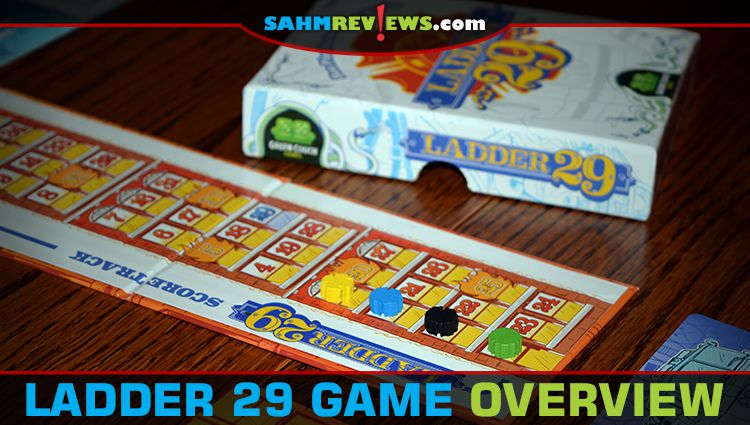

It’s not just about buying properties or conquering countries, there’s a lot more emphasis on interpersonal skills when you’re debating during the auction, for example,” Medhat says. “It’s the negotiation factor that makes this game very unique.

Some players focus on negotiation and making deals, while others are more reliant on strategizing. Photo credit: Crit GamingĪfter watching friends play Bee3, Tadros, Medhat, and Salama realized that the game can be played very differently depending on the personalities of the players. The Baltagi, Mekhallasati, and 7arami character cards. Medhat notes that the choice of characters and events in the game helps provide context to make it easier to understand since players already know how an auction works or would immediately understand that the 7arami and Baltagi cards can be used to steal or destroy other players’ assets. The players also have access to different satirical characters they can use to their advantage, including the humorous Mekhallasati (who streamlines business procedures), 7arami (thief), and Baltagi (goon) character cards.

Each round is considered a new fiscal year, and players have a chance to auction on new items to increase their assets. In a nutshell, its gameplay is centered on establishing businesses (a fool cart, a microbus, or a koshk) in different Egyptian districts. “Bee3 is a strategy game based on negotiating, which Egyptians love doing,” Salama says. The primitive appearance of the prototypes helped its creators focus on the game mechanics before it was brought to life through its fresh and playful design, which, according to Chief Operating Officer Ali Salama, was meant to be Egyptianized in a contemporary way to provide the Egyptian market with a game that’s both original and relatable.


 0 kommentar(er)
0 kommentar(er)
